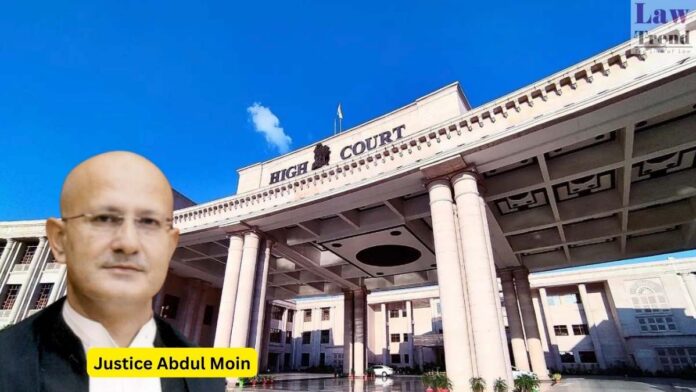In a significant judgment, the Allahabad High Court has upheld the power of trial courts to summon additional accused persons based on evidence recorded during trial under Section 319 of the Code of Criminal Procedure (CrPC). The court dismissed a criminal revision petition challenging a summoning order, emphasizing that the satisfaction of the court is
To Read More Please Subscribe to VIP Membership for Unlimited Access to All the Articles, Download Available Copies of Judgments/Order, Acess to Central/State Bare Acts, Advertisement Free Content, Access to More than 4000 Legal Drafts( Readymade Editable Formats of Suits, Petitions, Writs, Legal Notices, Divorce Petitions, 138 Notices, Bail Applications etc.) in Hindi and English.




